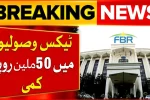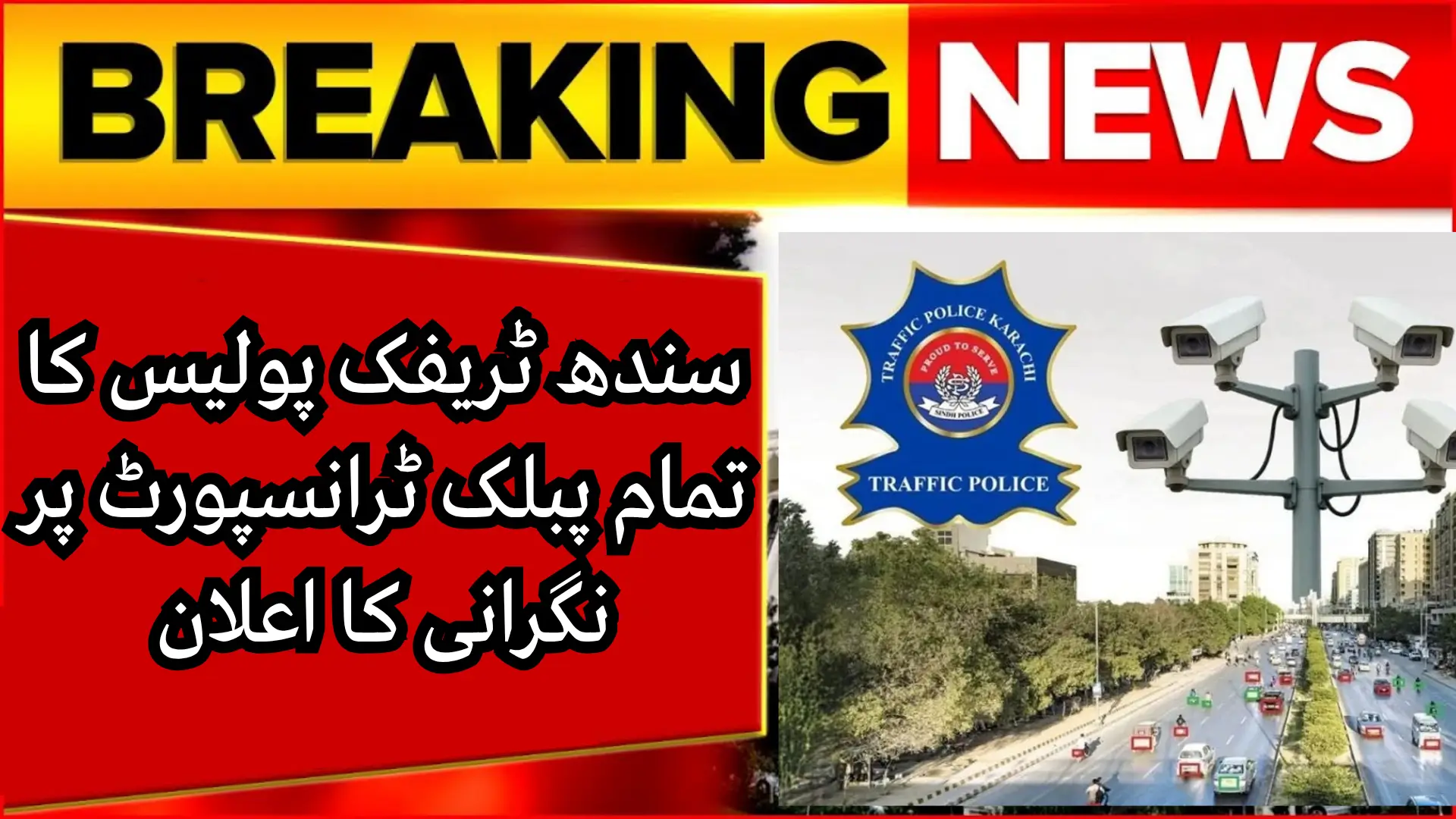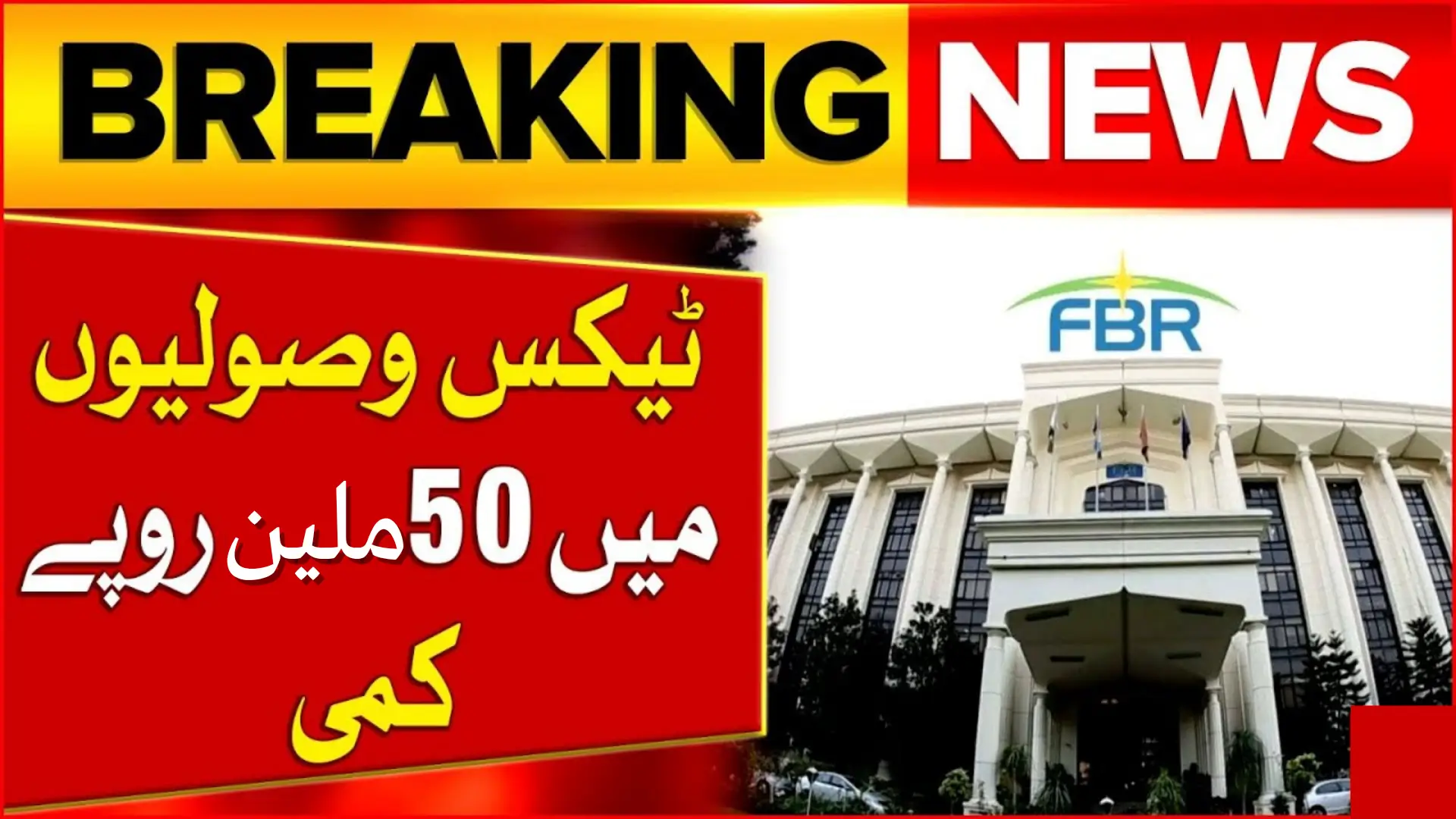Govt Bans Officials from Meeting Foreign Nationals Without Clearance. The Government of Pakistan has issued a strict directive barring all federal officials from meeting or communicating with foreign nationals without obtaining prior permission from the Interior Secretary.
This move comes as part of the Ministry of Interior’s latest effort to ensure transparency and maintain control over interactions between government employees and foreign entities.
The notification emphasizes that compliance with this order is mandatory for every ministry, department, and subordinate institution under the federal government, signaling a clear shift in the rules governing foreign engagements by public officials.
Mandatory Clearance for Meetings and Visits
Under the new instructions, no official is allowed to accept invitations for visits abroad, whether in an official capacity or privately, without formal clearance from the Interior Ministry. This restriction applies equally to meetings with members of international organizations, representatives of foreign missions, or individual foreign nationals.
Officials are now required to seek explicit permission in advance before any such interaction, reinforcing the government’s intention to monitor foreign relations at every level and prevent unauthorized engagements that could compromise national interests.
Scope of the Directive
The Interior Ministry’s notification highlights that these measures are not optional. Public officials are expected to strictly comply with the directive, and any violation may be subject to administrative action. The Ministry has stressed that the order extends to all federal institutions, covering ministries, departments, and subordinate offices. This comprehensive approach ensures that no loopholes remain, and that interactions with foreigners are fully documented and regulated.
Purpose of the New Restrictions
The restrictions reflect a broader effort by the government to maintain accountability in foreign relations and safeguard sensitive information. By requiring prior clearance for meetings or communication with foreign nationals, the Ministry aims to create a centralized approval process.
This system will allow authorities to track interactions, assess their significance, and approve only those engagements that align with Pakistan’s national policies and interests. In effect, this policy enhances oversight and reduces the risk of uncoordinated or unofficial dealings with foreign representatives.
Standardizing Procedures Across Federal Entities
Moreover, the directive is designed to standardize procedures across all federal entities. By implementing uniform rules for every ministry and department, the government ensures that all public officials operate under the same guidelines when it comes to foreign engagements.
This eliminates inconsistencies in how individual departments may have previously managed meetings or invitations involving foreign nationals. Now, a single, clear process is in place, requiring formal authorization before any contact or meeting.
Benefits of Mandatory Approval
Experts say that such a move is crucial for ensuring that foreign visits, communications, and collaborations are aligned with national priorities. Unauthorized interactions with foreign individuals or organizations can sometimes lead to misunderstandings or potential security risks.
By instituting a mandatory clearance system, the government not only strengthens oversight but also promotes a culture of accountability among state employees. Officials must now demonstrate that their foreign engagements serve official purposes and have been vetted through proper channels.
Importance of Protocol in International Relations
The Ministry’s directive also underscores the importance of formal protocols in international relations. Meeting foreign nationals, whether for business, diplomatic, or cultural purposes, can have implications for policy and national security. Therefore, pre-approval ensures that officials are aware of the broader context, objectives, and potential impacts of their interactions. This approach reduces the risk of conflicts, miscommunication, or actions that may contradict government policies.
Restrictions on Invitations and Foreign Travel
In addition to requiring permission for meetings and communications, the government has made it clear that accepting invitations to attend events or functions abroad without clearance is strictly prohibited. This applies to both professional and private invitations, signaling that even personal engagements with foreign nationals must follow official procedures. The policy ensures that all foreign travel and interactions by public officials are transparent, traceable, and approved at the highest administrative level.
Enhancing Oversight and Security
The new restrictions are consistent with Pakistan’s ongoing efforts to improve governance and reinforce the accountability of state employees. By regulating foreign interactions, the government intends to maintain a clear record of all official and semi-official engagements with international actors.
This record-keeping facilitates monitoring and evaluation, allowing authorities to assess the purpose and outcome of such interactions. It also helps prevent unauthorized commitments, promises, or agreements made without proper authorization.
How Officials Can Comply
In practical terms, officials who wish to meet foreign nationals or participate in international events must submit a formal request to the Interior Secretary. The request should outline the purpose, scope, and expected outcomes of the meeting or visit. Only after the approval is granted can the official proceed.
This process not only standardizes foreign engagements but also aligns them with national policies and strategic priorities, ensuring that every interaction serves Pakistan’s interests.
Conclusion
The Ministry of Interior’s latest directive is a decisive measure to regulate interactions between government officials and foreign nationals. It mandates prior approval from the Interior Secretary for meetings, communications, and visits involving foreign entities. The order applies to all federal ministries, departments, and subordinate institutions, ensuring uniform compliance.
By introducing this policy, the government reinforces transparency, accountability, and security in foreign engagements, while providing a clear framework for officials to follow. Public employees are expected to adhere strictly to these instructions, reflecting the government’s commitment to structured, responsible, and monitored international interactions.

















